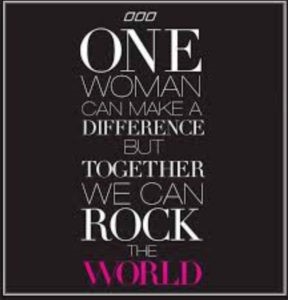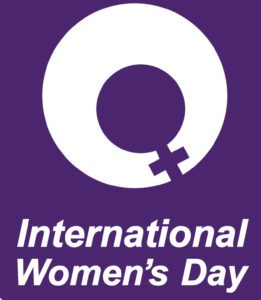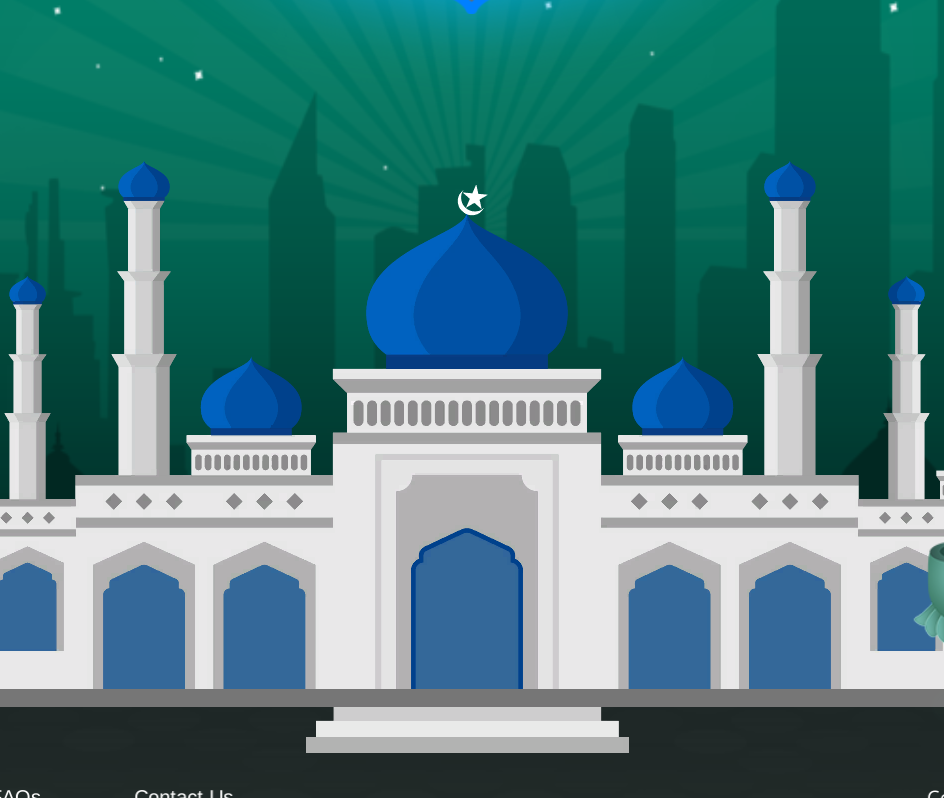Which Muslim woman inspires you the most? Chances are that you have heard of social activist Malala Yousafzai, Olympic fencer Ibtihaj Muhammad, and politician Baroness Sayeeda Warsi. Many of us know about Tawakkol Karman, journalist and Nobel prize winner, or Fatima al Fihri who founded the world’s oldest university in Morocco in 879CE.
But it’s ordinary Muslim women that I want to write about today. The ones with few, if any column inches, who are making a difference, one day at a time, whether their field is medicine, industry, law or business. We come from diverse places, look and dress differently but all of us take our faith seriously and seek to live by its values. All of us are aware that we can challenge stereotypes just by being ourselves. We try to build community spirit in our children, to debate with them and ask questions so that they have a deeper understanding of Islam that goes beyond rituals.
I don’t need to look beyond my local community for inspiring women: Lucy, Head of Strategy for National Zakat Foundation; Farah, a lawyer specialising in Islamic wills; Lena, a nurse now working in senior management in the NHS; Rana, who juggles work, family, and social life with seemingly effortless ease.
Moving beyond my immediate locality, Fozia is a university lecturer; Aina is a lawyer committed to educating Muslims about the importance of civil marriage; Julie is building bridges with Jewish organisations; Sadiya is documenting Muslim heritage in the UK; and Sara is leading workshops for British Muslim teens mixed in with fun activities.

Across the pond, there is Nilofer, running a successful Montessori in the Texan heartland; Aimen, who helped write the Islamic books that are now used as official curriculum for Islamic Education in the UAE; and Shazia who founded MIST, aged 18. This started as a Muslim inter-schools competition that has now gone national and includes Muslims and non Muslims.
In Pakistan, it is educated Muslim women who can reshape the country. Sadia A has set up a school for underprivileged children and has gone on to found vocational centres and subsidised food stalls, whilst taking an active interest in politics. Zara, who has a Physics degree from Oxford, has mentored students and headed the academic programme management at the most prestigious institution in Lahore. These ‘Steminists’ are inspiring a new generation of girls into the STEM fields and shattering preconceptions of Muslim women. Another Oxford physicist, Salima, is now running a successful fashion blog reaching thousands of people whilst Tara is CEO of a fund that empowers women.
There are thousands more examples of Muslim women, professionals and entrepreneurs, quietly getting on with it – teaching in schools and universities, researching in labs, building modest clothing businesses and running restaurants. Shelina Janmohamed is a great example of someone who has connected with people through personal experiences and now has a platform where her voice is heard. They all show that if you have a dream, go for it. You will inspire people just by your example. If you wait until you think you are ready, the opportunity may pass you by.

Yesterday, an All Party Parliamentary Group was launched in the UK for Muslim Women Digital Entrepreneurs, coinciding with International Women’s Day. As an EdTech entrepreneur myself, I am excited to see what will come of this. Elsewhere, the Muslim Council of Britain has launched a much needed initiative to get women into mosque management. Imagine mosques with diversity and balance in their decision making. The effect will be profound and long term.
What is the key to empowerment? Education. 1400 years ago, Islam gave women the right to inherit, the right to choose a husband and to get divorced. Muslim women could own property and had the right to financial independence. By contrast, women in the UK were legally and financially dependent on their husbands until 1882. Whilst the Prophet Muhammad’s (pbuh) first wife Khadijah, is often quoted an an inspiration for Muslim women, her business acumen and economic independence are highlighted less often than her loyalty. After Khadijah’s death, his wife Aisha was an intellectual trailblazer, memorising over 2200 sayings of the Prophet and advising men and women on Islamic jurisprudence. In the Quran, Muslim women are given equal status to men. The only way to fight the patriarchy that has been established in so many parts of the world is by educating ourselves and knowing our rights. If we don’t understand the difference between culture and Islam, how can we expect others to?
Napoleon famously said, “Give me an educated mother, I promise you the birth of a civilised, educated nation.” Mothers are our first and strongest role models. Education starts with them. In this career orientated age, we can often overlook this.
So I’m starting with the mothers. In future blogs, I will be setting out my vision for Islamic Education for primary school children and how that can help build a confident and empowered community.

